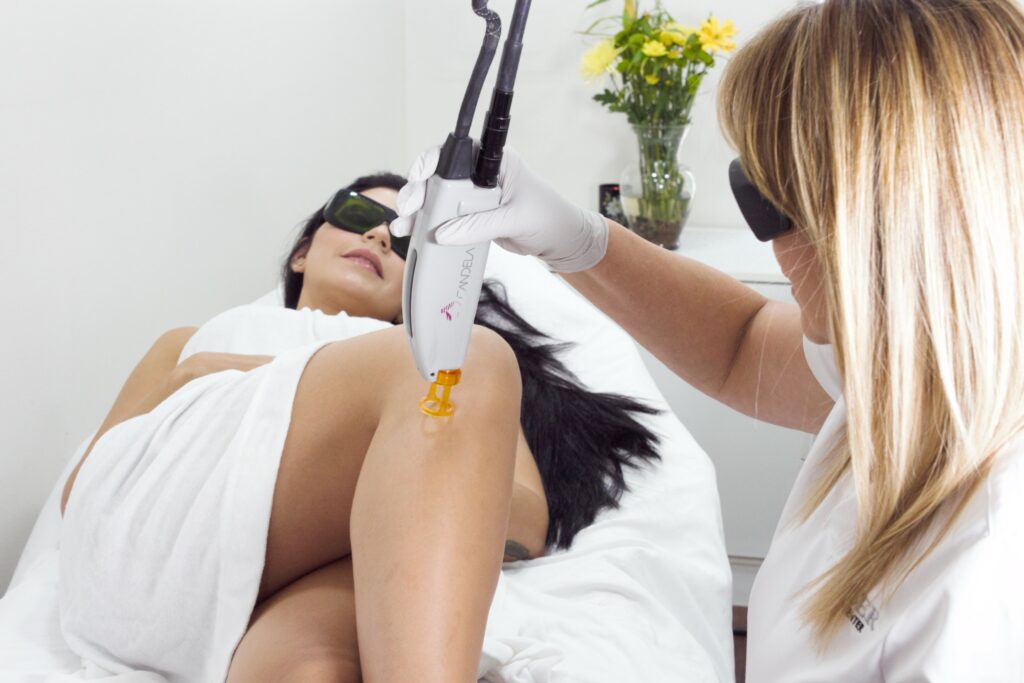Achieving healthy, glowing skin doesn’t have to be complicated. With the right skincare routine and knowledge, you can enhance your skin’s appearance and health. Here are some essential tips based on reliable sources to help you take care of your skin effectively.
1. Know Your Skin Type
Understanding your skin type is the first step in building an effective skincare routine. The four main skin types are:
Normal: Balanced, not too oily or dry
Oily: Shiny, prone to acne and enlarged pores
Dry: Flaky, tight, or rough
Combination: Oily in some areas (like the T-zone) and dry in others
Identify your skin type to choose appropriate products that address your skin’s specific needs.
2. Cleanse Gently
Cleansing is crucial for removing dirt, oil, and makeup. However, it’s important to use a gentle cleanser that doesn’t strip your skin of its natural oils. Over-cleansing can lead to dryness and irritation. Opt for a mild, pH-balanced cleanser and wash your face twice daily—morning and night.
3. Moisturize Regularly
Moisturizing helps maintain your skin’s barrier and keeps it hydrated. Even if you have oily skin, don’t skip moisturizer; instead, choose a lightweight, non-comedogenic formula. For dry skin, richer creams with ingredients like hyaluronic acid and ceramides are ideal. Apply moisturizer while your skin is still damp to lock in moisture.
4. Use Sunscreen Daily
Sunscreen is a must for protecting your skin from harmful UV rays, which can cause premature aging, sunburn, and increase the risk of skin cancer. Use a broad-spectrum sunscreen with an SPF of at least 30, even on cloudy days or when you’re indoors. Reapply every two hours if you’re outside, and more often if you’re swimming or sweating.
5. Exfoliate Wisely
Exfoliation helps remove dead skin cells, promoting a brighter complexion and smoother texture. However, over-exfoliating can damage your skin barrier and lead to irritation. Use a gentle exfoliant once or twice a week, depending on your skin type. Chemical exfoliants like AHAs (alpha hydroxy acids) and BHAs (beta hydroxy acids) can be less abrasive than physical scrubs.
6. Stay Hydrated
Hydration is key for overall skin health. Drink plenty of water throughout the day to keep your skin hydrated from the inside out. Proper hydration helps maintain elasticity and can reduce the appearance of fine lines and dryness.
7. Eat a Balanced Diet
Your diet plays a significant role in your skin’s health. Incorporate a variety of fruits, vegetables, lean proteins, and healthy fats into your meals. Foods rich in antioxidants, such as berries, nuts, and green leafy vegetables, can help protect your skin from damage. Omega-3 fatty acids, found in fish and flaxseeds, are also beneficial for maintaining healthy skin.
8. Get Enough Sleep
Adequate sleep is essential for your skin’s repair and regeneration processes. Aim for 7-9 hours of quality sleep per night to help reduce stress and prevent issues like dark circles and a dull complexion. A consistent sleep schedule also supports overall well-being.
9. Avoid Smoking and Limit Alcohol Consumption
Smoking and excessive alcohol consumption can negatively impact your skin’s appearance and health. Smoking reduces blood flow to the skin, depriving it of oxygen and nutrients, and accelerates aging. Alcohol can dehydrate the skin and lead to inflammation. Limiting these habits can improve your skin’s overall condition.
10. Be Mindful of Stress
Chronic stress can lead to various skin issues, including acne, eczema, and psoriasis flare-ups. Practice stress management techniques such as meditation, yoga, or deep breathing exercises to help keep your skin and overall health in check.
Conclusion
Taking care of your skin involves a combination of proper skincare practices, a healthy lifestyle, and being mindful of environmental factors. By following these essential tips, you can maintain healthy, radiant skin. Remember, consistency is key, and it’s important to give your skincare routine time to show results. Consult a dermatologist for personalized advice and to address any specific skin concerns you may have.


